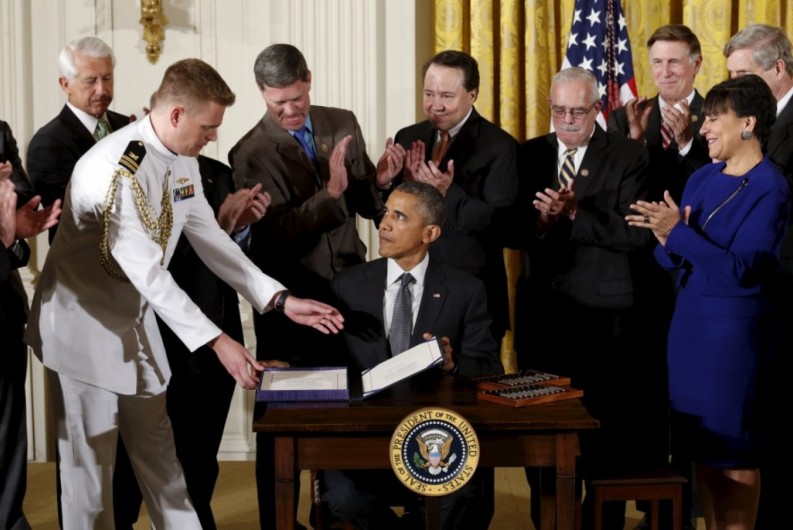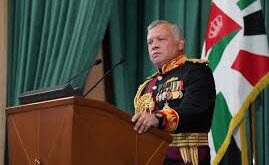By Mnar Muhawesh
Prior to its signing in New Zealand in February, the Trans-Pacific Trade Partnership was the subject of years of top-secret negotiations.
Of course, it’s hard to keep a big secret, secret for long.
In November 2013, WikiLeaks released the draft of the entire chapter on intellectual property rights. The organization described it as “perhaps the most controversial chapter of the TPP due to its wide-ranging effects on medicines, publishers, internet services, civil liberties and biological patents.”
The TPP, as it’s better known, is a trade agreement among 12 Pacific Rim nations, including the U.S. and Japan. Conspicuously absent, however, is China.
That’s because in addition to serving as a complement to the Trans-Atlantic Trade and Investment Partnership, or TTIP, a trade pact between the U.S. and EU which is also shrouded in secrecy, the TTP provides a buffer against China’s growing influence in the global economy.
China presents such a challenge to American hegemony around the world that Washington has been pulling out all the soft power stops to stymy it — including pushing forward these controversial trade pacts led by the most prominent corporations that will ultimately cover 60 percent of the global GDP, according to WikiLeaks.
Touted as a means to protect American workers and industry, the deal does the opposite. If anything, it’s really a corporate coup of governments and industries.
It usurps the legislative authority of Congress and world governments by writing rules concerning safety and labeling of foods, access to healthcare and medicine, regulation of banks, rights of workers, future energy sources and so much more. So, its scope is essentially everything.
And President Obama’s “fast-track” authority means he doesn’t even need to run it past our lawmakers before signing the U.S. up on the largest, and most controversial, trade deal since NAFTA.
Here to discuss this in further detail is Kevin Zeese, director of Popular Resistance, an information clearinghouse for resistance movements here in the U.S. that he helps organize.
He and his movement have flooded Congress with thousands of signed petitions to oppose TPP.
I began by asking him where TPP fits into Washington’s so called “Pivot to Asia” for its empire-building.
 Geostrategic Media Political Commentary, Analysis, Security, Defense
Geostrategic Media Political Commentary, Analysis, Security, Defense





